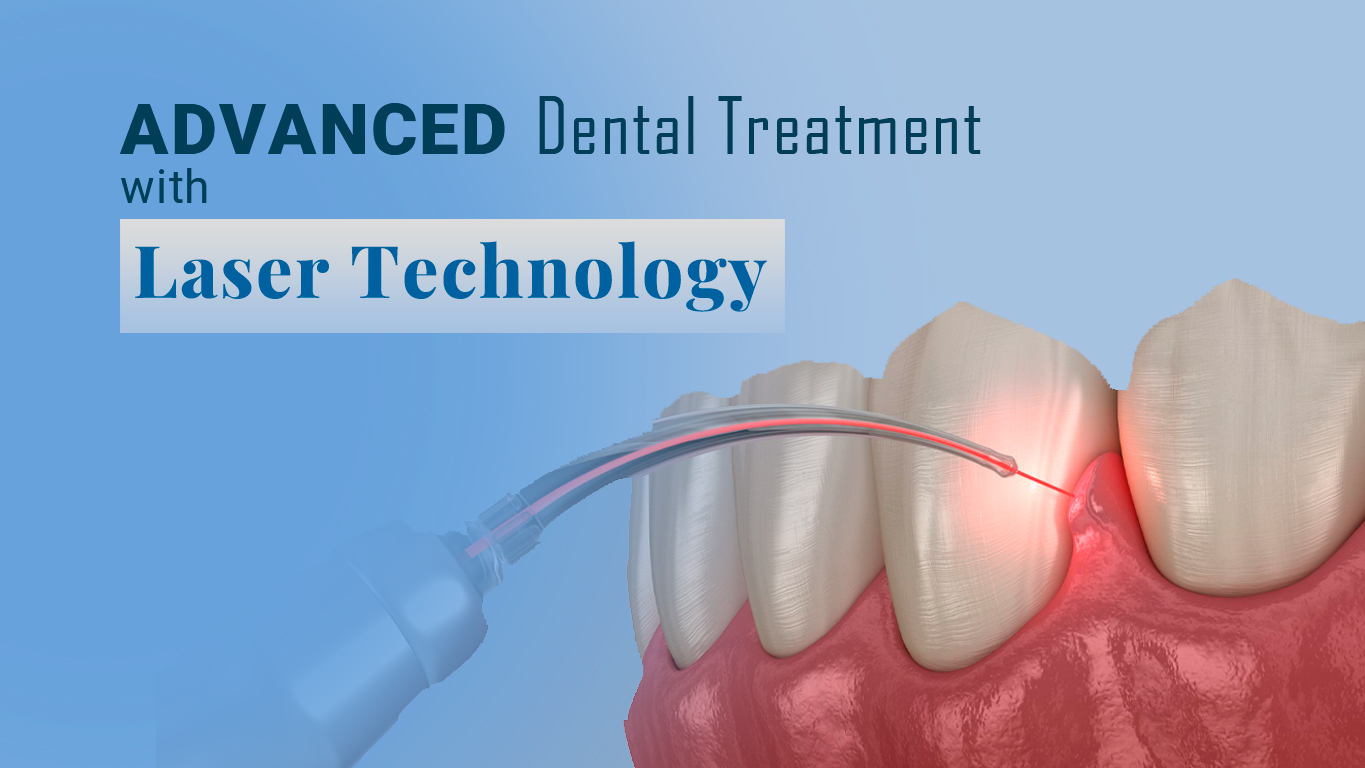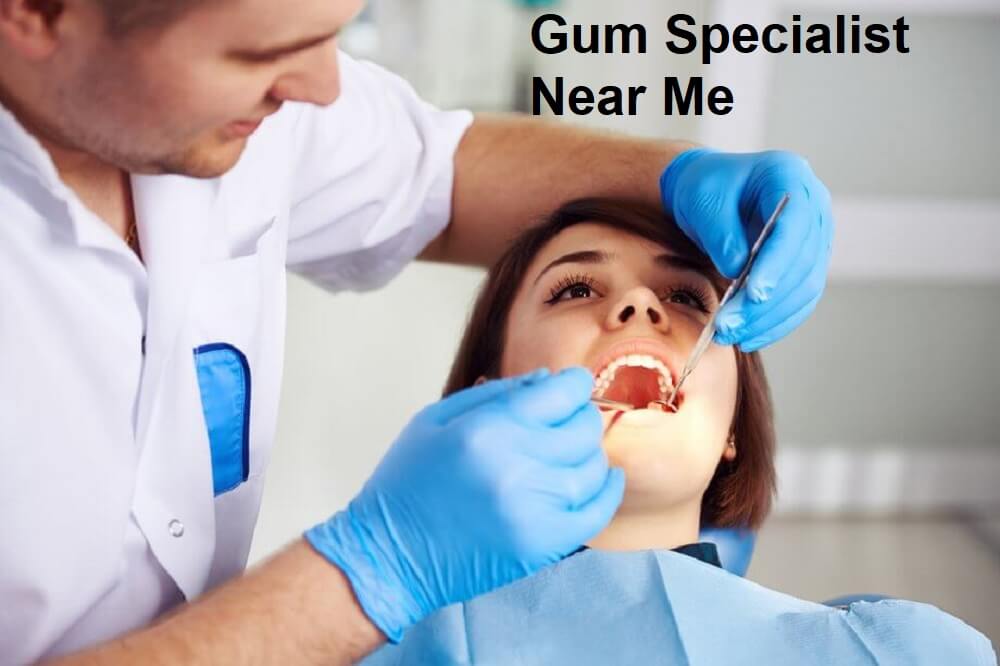Gum Specialist Near Me: If you’re concerned about the health of your gums, you’re not alone. Dental Specialist Gum issues are a common dental problem that many people face at some point in their lives. Fortunately, there are gum specialists who are trained to diagnose and treat these problems. In this article, we’ll explore everything you need to know about finding a gum specialist near you and taking the necessary steps to ensure your gums are in optimal health.
“Gum Specialist Near Me”
Finding Expert Dental Care for Healthy Gums
Table of Contents
- Introduction
- Understanding Gum Health
- Why You Need a Gum Specialist
- How to Find a Gum Specialist Near You
- What to Expect During Your First Visit
- Common Gum Problems and Their Treatments
- Maintaining Healthy Gums at Home
- Dietary and Lifestyle Tips for Gum Health
- The Link Between Gum Health and Overall Well-being
- Importance of Regular Dental Check-ups
- Advanced Gum Treatments and Technologies
- Cost of Gum Treatments and Insurance Coverage
- Gum Health for Different Age Groups
- Addressing Dental Anxiety and Fear
- Conclusion
Introduction
Gum health plays a crucial role in maintaining overall oral hygiene and preventing more serious dental issues. Dental Specialist A gum specialist, also known as a periodontist, is a dentist who specializes in diagnosing, preventing, and treating gum diseases and related conditions.
Understanding Gum Health
Gums, or gingiva, are the soft tissues that surround and support your teeth. Dental Specialist They provide a protective barrier and play a vital role in keeping your teeth securely in place. Healthy gums are pink, firm, and don’t bleed while brushing or flossing. Poor oral hygiene can lead to gum problems, such as gingivitis and periodontitis.
Why You Need a Gum Specialist
While general dentists can address many oral health concerns, a gum specialist has advanced training specifically focused on gum health. If you experience persistent gum issues or have risk factors such as diabetes or a family history of gum disease, seeking the expertise of a gum specialist is essential.
How to Find a Gum Specialist Near You
- Ask for Referrals: Your regular dentist can recommend a reputable gum specialist based on your specific needs.
- Check Online Directories: Use online directories or search engines to find gum specialists in your area.
- Read Reviews: Patient reviews and testimonials can provide insights into the quality of care provided by different specialists.
- Consult Your Insurance Provider: Ensure the specialist you choose is covered by your dental insurance plan.
What to Expect During Your First Visit
During your initial consultation with a gum specialist, they will perform a thorough examination of your gums and may take X-rays to assess the condition of your teeth and jawbone. Based on their findings, they will develop a personalized treatment plan.
Common Gum Problems and Their Treatments
- Gingivitis: The earliest stage of gum disease can often be treated with improved oral hygiene practices Dental Specialist and professional cleanings.
- Periodontitis: This more advanced form of gum disease may require scaling and root planing, gum surgery, or laser therapy.
Maintaining Healthy Gums at Home
- Brush and Floss Regularly: Proper oral hygiene is the foundation of gum health. Brush at least twice a day and floss daily.
- Use Antimicrobial Mouthwash: Rinse with an antimicrobial mouthwash to reduce bacteria and prevent plaque buildup.
- Avoid Tobacco Products: Smoking and tobacco use increase the risk of gum disease.
Dietary and Lifestyle Tips for Gum Health
- Eat a Balanced Diet: Nutrient-rich foods support gum health. Dental Specialist Include foods high in vitamin C, which helps prevent gum disease.
- Stay Hydrated: Drinking water promotes saliva production, which aids in washing away bacteria and food particles.
Quiz Questions on “Gum Specialist Near Me”
Question 1: What is the primary role of a gum specialist?
a) Filling cavities
b) Performing root canals
c) Treating gum diseases
d) Teeth whitening
Correct Answer: c) Treating gum diseases
Question 2: Which dental professional specializes in treating gum-related issues?
a) Orthodontist
b) Endodontist
c) Periodontist
d) Prosthodontist
Correct Answer: c) Periodontist
Question 3: What are the common signs of gum disease?
a) Tooth sensitivity
b) Bleeding gums
c) Bad breath
d) All of the above
Correct Answer: d) All of the above
Question 4: Which of the following factors can contribute to gum disease?
a) Poor oral hygiene
b) Smoking
c) Diabetes
d) All of the above
Correct Answer: d) All of the above
Question 5: What treatment might a gum specialist recommend for advanced gum disease?
a) Dental implants
b) Scaling and root planing
c) Teeth whitening
d) Braces
Correct Answer: b) Scaling and root planing
Question 6: What is the medical term for gum inflammation?
a) Gingivitis
b) Periodontitis
c) Halitosis
d) Cavity
Correct Answer: a) Gingivitis
Question 7: How often should one visit a gum specialist for routine check-ups?
a) Every 6 months
b) Once a year
c) Every 3 months
d) Only when experiencing pain
Correct Answer: a) Every 6 months
Question 8: Which lifestyle habit is known to worsen gum health?
a) Regular brushing and flossing
b) Smoking or tobacco use
c) Drinking plenty of water
d) Eating crunchy fruits
Correct Answer: b) Smoking or tobacco use
Question 9: What’s a possible consequence of untreated gum disease?
a) Tooth decay
b) Bone loss
c) Enamel erosion
d) None of the above
Correct Answer: b) Bone loss
Question 10: Which procedure involves the removal of infected gum tissue?
a) Dental bonding
b) Gum grafting
c) Crown placement
d) Veneers
Correct Answer: b) Gum grafting
The Link Between Gum Health and Overall Well-being
Poor gum health has been linked to various systemic health issues, including heart disease and diabetes. Taking care of your gums can contribute to better overall well-being.
Importance of Regular Dental Check-ups
Dental Specialist Regular visits to both your general dentist and gum specialist are crucial for early detection and timely treatment of gum issues.
Advanced Gum Treatments and Technologies
- Laser Therapy: Laser treatments can effectively target and eliminate bacteria during gum surgery.

- Tissue Regeneration: Advanced techniques can help regenerate lost gum tissue and bone.
Cost of Gum Treatments and Insurance Coverage
The cost of gum treatments can vary based on the severity of the issue and the treatment required. Dental Specialist Check with your insurance provider to understand your coverage.
Gum Health for Different Age Groups
Gum health needs change as we age. Children, teens, adults, and seniors each have specific considerations for maintaining healthy gums.
Addressing Dental Anxiety and Fear
If fear of dental procedures is preventing you from seeking gum care, discuss your concerns with the specialist.Dental Specialist Sedation options are available to help you feel more comfortable.
Conclusion: Gum Specialist Near Me
Prioritizing gum health is essential for maintaining a beautiful smile and overall well-being. Dental Specialist Finding a gum specialist near you can provide the expertise needed to ensure your gums remain in optimal condition. Take the first step towards healthier gums by scheduling a consultation with a gum specialist today.
Frequently Asked Questions
Q: How often should I visit a gum specialist?
A: It’s recommended to visit a gum specialist at least once a year, or as advised by your general dentist.
Q: Can gum disease be reversed?
A: Gingivitis can often be reversed with improved oral hygiene, while periodontitis can be managed but not fully reversed.
Q: Is gum surgery painful?
A: Gum surgery is typically performed under local anesthesia, ensuring minimal discomfort during the procedure.
Q: Are there any home remedies for gum disease?
A: While proper oral hygiene is key, there is no substitute for professional treatment for advanced gum disease.
Q: What can I do to prevent gum problems?
A: Regular brushing, flossing, and professional cleanings, along with a healthy lifestyle, can significantly reduce your risk of gum problems.




